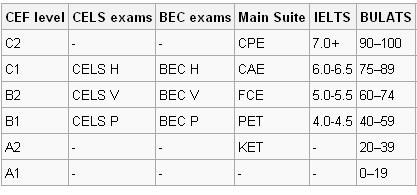Happy New Year 2009 to all the IELTS candidates!
Where did the time go? It seems like we were celebrating 2008 just yesterday – and today it’s party time again! Say goodbye to 2008, raise a glass of champagne, do the countdown and welcome 2009.
So it is time to summarize the past and look forward to the future. Has 2008 been a good year for you? It certainly was for me. Looking back, I can say – I have accomplished a lot in 2008.
IELTS-Blog became a better place and is offering a lot more help to the students than it did a year ago. The numbers blow my mind away – now we have 53,000 monthly visitors (and counting!) and in 2008 the number of pageviews went over 2.4 million! More and more people discover our website, and the support they show in their emails fills my heart with such a wonderful, warm feeling.
This is probably a good time for me to thank you all for your support and for your feedback that helps me improve IELTS-Blog and make it more helpful for you. My readers, you are the best, the kindest, most caring people and I am glad we have met.
The book “Target Band 7”, that started as an e-book two years ago, due to a high demand was published and now is a real printed book. It is available on Amazon.com. Now it is available worldwide in any form – digital or printed.
Another important milestone was making “Target Band 7” accessible via Google books – now there is no need to even download it to your computer – you can easily view it in your browser.
IELTS-Blog has made friends with two more popular websites, Examenglish.com and About.com. Both of them have accepted my humble contribution, Examenglish.com has published my article “The five things about IELTS that people are most afraid of – and how to overcome them” and About.com has published another one “8 Famous IELTS Mistakes And How To Avoid Them.”
I am looking forward to getting more done in 2009, to publishing another book, helping out more IELTS candidates and making more friends.
Enough said, HAPPY NEW YEAR 2009 to all from Simone Braverman and the IELTS-Blog team!


